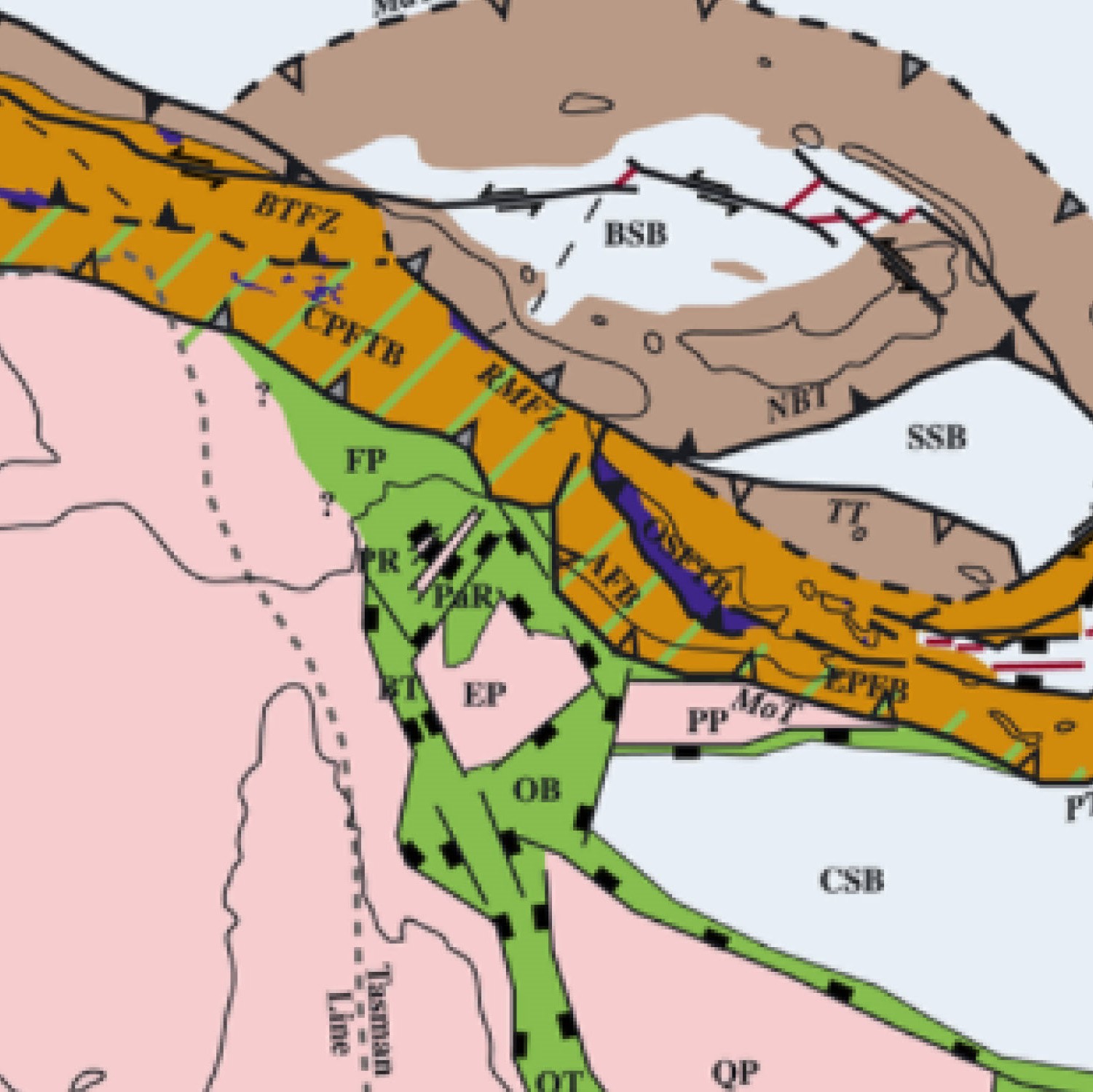
Dr. Bronwen Konecky has produced numerous paleoclimate records that are widely known to be some of the highest-fidelity records from the Indo-Pacific Warm Pool. Her careful analyses of leaf wax hydrogen isotopes from lake sediments have broadened our understanding of the tropical hydrological cycle from the Last Glacial Maximum (LGM) to the Common Era.
Yet Dr. Konecky’s expertise extends far beyond paleolimnology. She has also designed and run new isotope-enabled climate model simulations for comparison with proxy data. Her work on the LGM is providing new avenues for model–data comparison in a period of Earth’s history with few simulations containing stable water isotope tracers. Bronwen not only succeeded in producing these invaluable experiments, but also did so after having already mastered lab-based organic and stable isotope geochemistry. The fact that she excels in both of these complementary branches of our field is exceptional. Her cutting-edge work is crucial for encouraging broader collaborations between modelers and data generators, improving model physics, and advancing paleodata interpretations.
Dr. Konecky is a demonstrated and visible leader in our field. One of her most monumental contributions is her championing of the Iso2k project, compiling water isotope proxy records spanning the past 2,000 years. This has been no small feat; she has brought together researchers from around the world and from widely different disciplines. Iso2k is poised to greatly enhance our understanding of hydroclimate dynamics operating on human-relevant timescales. Bronwen is also a role model and a professional mentor to many. She is a person who builds up and supports her peers. She embodies Emily Bernhardt’s words about academia: “Everyone here is smart—distinguish yourself by being kind.”
I am delighted to speak to Bronwen’s many outstanding contributions to paleoceanography and paleoclimatology and greatly look forward to the excellent science forthcoming from her lab at Washington University in St. Louis.
—Sylvia G. Dee, Rice University, Houston, Texas

Stable oxygen isotopic ratios in corals (δ18Ocoral) are commonly utilized to reconstruct climate variability beyond the limit of instrumental ...






